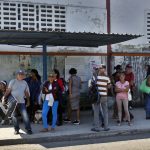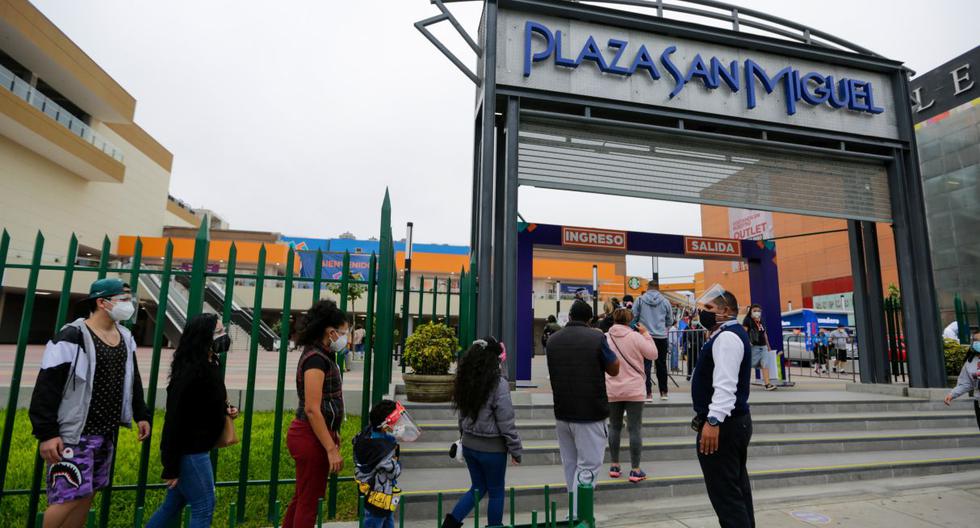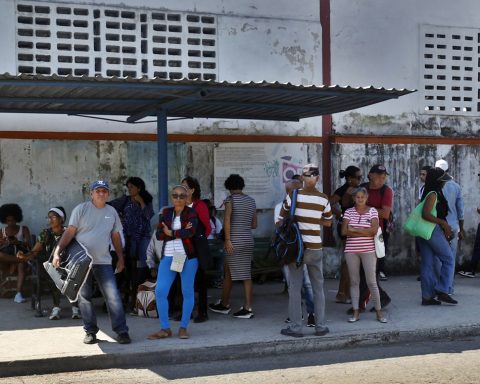As part of a regional tour that aims to observe natural ecosystems, their conservation techniques and the environment where they develop, a delegation from A Todo Pulmón visited the Gran Parque Iberá located in Corrientes, Argentina.
The presence of the team of the organization occurred at the request of the invitation of the
Senator of the Province of Corrientes, Sergio Flinta, who in turn is president of the
Iberá Committee, a mixed entity whose objective is local development from the
nature tourism that is generated in the Iberá Park, where the Production of
Nature is the engine of development for more than 20 towns that surround Iberá, with
the training of park rangers, cooks, guides and tourism enterprises.
During the official visit, which began in the town of Concepción del Yaguareté Corá,
distant 190 km from the city of Corrientes, it was possible to visit the museum and the center of
interpretation of the Iberá, to know details of the conversion process of a place
inhospitable and unproductive in economic terms, to a wildlife refuge and center
national and international tourism.
“We are now enjoying full contact with nature. But there is
to understand that this is part of a gradual process of cultural change, where the
settlers who previously hunted animals, today became
tour guides, park rangers and cooks for the more than 70 thousand visitors it receives
the Iberá Wetlands every year”, indicated Senator Sergio Flinta.
The visit also included a boat ride that allowed the delegation to enjoy the
changing landscapes, in addition to the sighting of fauna such as alligators, capybaras,
deer and different species of birds, to finish with the tasting of typical dishes
of the area.
“Only by knowing the immensity of these estuaries, streams and lagoons, it is possible to
gain an idea of the importance of wetlands, not only as a refuge
of fauna and flora, but its preservation is a vital tool to combat the
effects of climate change”, said Osvaldo Turlan, Executive Director of A Todo
Lung.
The joint work of the Provincial Government, NGOs, municipalities, but above all of the
communities settled in the Iberá Nature Reserve, is bearing fruit with the
positioning of Corrientes as a leader in conservation of the
biodiversity in Argentina, giving rise to the reintroduction process of key species
such as the jaguar, the giant otter, the anteater, the collared peccary and the
scarlet macaw, among others, and providing a model of sustainable development for the entire
the region. This was precisely the objective of A Todo Pulmón, to see the feasibility of
replicate this model to conserve the wetlands of Paraguay.

















